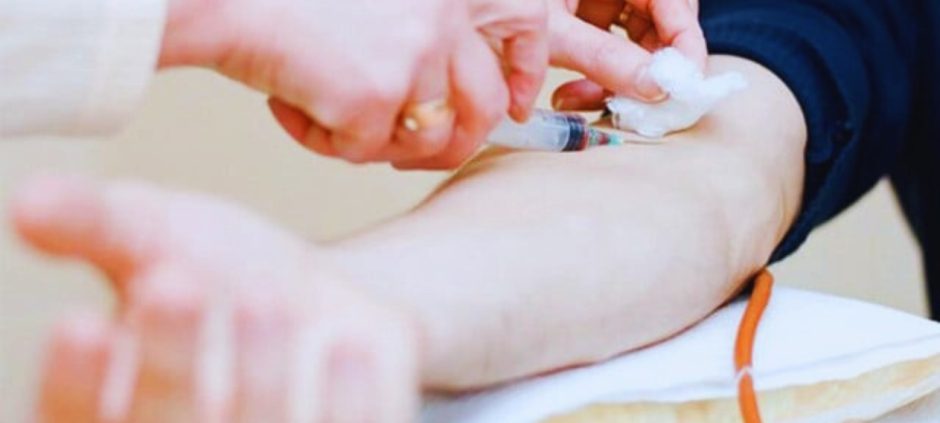The combination of relentless humid weather and prolonged power outages has created a severe health crisis for chronic illness patients in the metropolitan city. Hospitals are witnessing a surge in emergency cases, with heart patients, diabetics, hypertension sufferers, and epilepsy patients arriving in critical condition due to the extreme conditions.
Read More : World Health Day marked today to raise awareness
Dr. Imran Sarwar, Emergency In-charge at Civil Hospital, revealed that nearly 40% of current emergency admissions involve patients with chronic conditions such as diabetes, high blood pressure, epilepsy, or those requiring prolonged bed rest. “The intense heat and frequent power cuts are rapidly worsening their health,” he said.
He explained that the humid climate exacerbates dehydration, leading to electrolyte imbalances, which trigger dangerous spikes in blood sugar and blood pressure. Epilepsy patients, in particular, are experiencing increased seizures, with many needing urgent dextrose infusions for stabilization.
Due to their fragile state, these patients often require extended observation—ranging from six to 24 hours—placing additional strain on emergency services. “While healthy individuals may tolerate the weather, those with pre-existing conditions are at serious risk,” Dr. Sarwar warned.
Precautionary Measures for Vulnerable Groups
To mitigate risks, Dr. Sarwar advised:
- Avoid unnecessary heat exposure and stay indoors during peak temperatures.
- Stay hydrated with water, milk, yogurt, watermelon, and cucumber.
- Cover the head when outdoors to reduce heat impact.
- Diabetics should avoid sugary fruits and packaged juices, opting instead for apples and limiting bananas, chikoo, and mangoes.
- Consult a doctor before taking vitamin C supplements.
He also called on authorities to take immediate action to alleviate the effects of heat and power shortages on vulnerable populations, as hospitals struggle to handle the rising caseload. With no relief in sight, chronic patients remain at heightened risk, underscoring the urgent need for preventive measures and infrastructure support.











